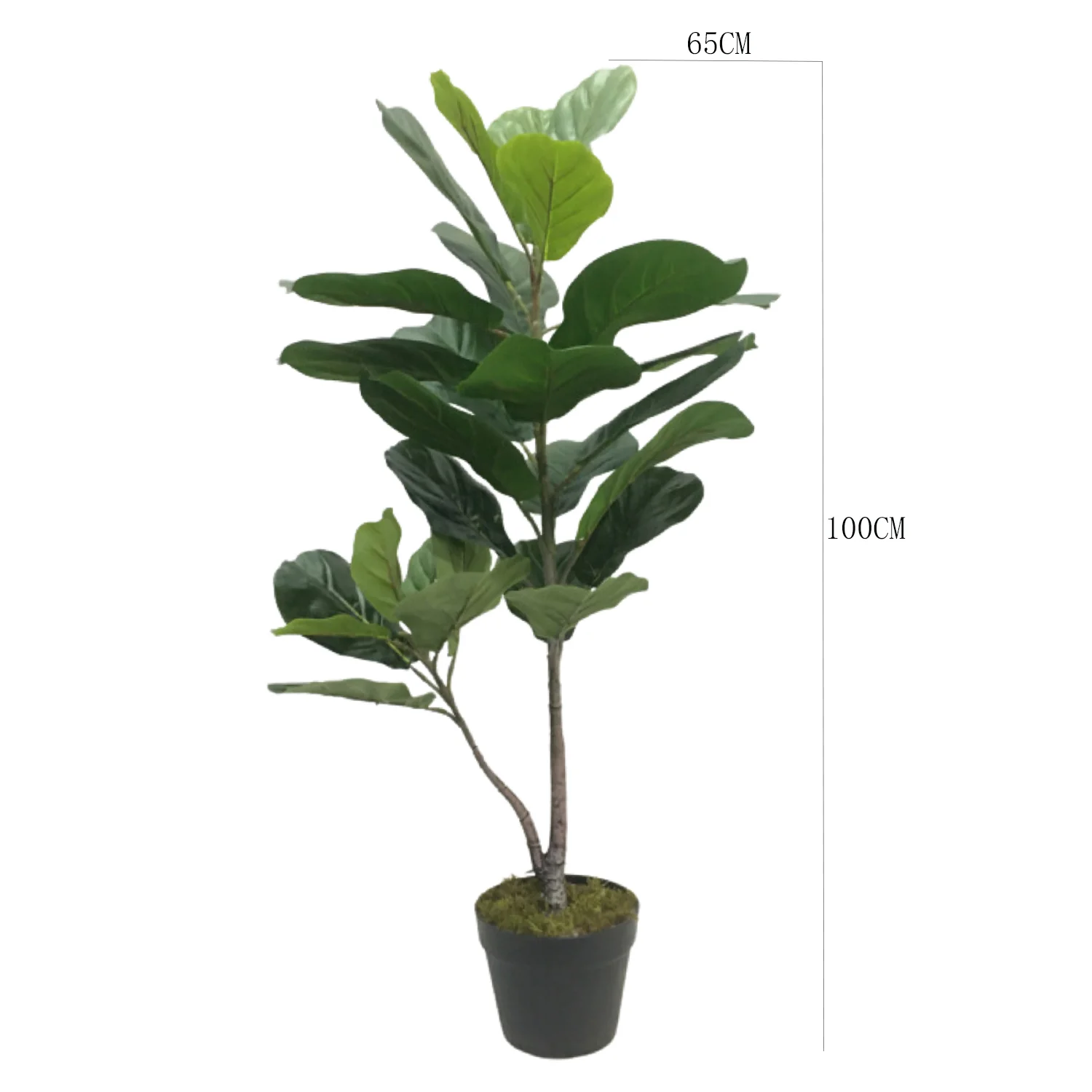Sleep Like Royalty: Unveiling the Secrets to Finding Your Dream Mattress
3 min readFinding the best mattress for your specific needs can be a daunting task, considering the wide range of options available in the market today. However, by understanding your own preferences, considering key factors, and conducting thorough research, you can make an informed decision that will ensure a good night's sleep and optimal comfort. In this comprehensive guide, we will explore the essential aspects to consider when choosing a mattress and provide expert insights to help you find the perfect fit.
- Assess Your Sleeping Position:
One of the first factors to consider when selecting a mattress is your preferred sleeping position. Different mattresses are designed to accommodate specific sleeping positions, such as side, back, or stomach sleepers. For instance, side sleepers generally benefit from a softer mattress that provides pressure relief for the shoulders and hips, while back sleepers may require a medium-firm mattress that offers adequate support to maintain proper spinal alignment. - Determine Your Firmness Preference:
The firmness level of a mattress plays a crucial role in determining comfort and support. It is important to strike a balance between firmness and softness based on your personal preferences and body type. While a firmer mattress offers more support, a softer one provides greater cushioning. Consider factors such as weight, body shape, and any specific health conditions to determine the ideal firmness level for your needs. - Consider Your Body Type and Weight Distribution:
Different body types require different levels of support and pressure relief. For individuals with a heavier weight, a mattress with enhanced support and durability is essential to prevent sinking and maintain proper spinal alignment. On the other hand, individuals with a lighter weight may find a softer mattress more comfortable. Understanding your body type and weight distribution will help you choose a mattress that caters to your specific needs. - Evaluate Motion Isolation and Noise Reduction:
If you share your bed with a partner or pet, motion isolation and noise reduction become important factors to consider. A mattress with excellent motion isolation absorbs movement, ensuring that you won't be disturbed by your partner's tossing and turning during the night. Additionally, a mattress with noise reduction properties minimizes any creaking or squeaking sounds, providing a peaceful sleep environment. - Take Temperature Regulation into Account:
Maintaining an optimal sleep temperature is crucial for a restful night's sleep. Some mattresses are designed with cooling technologies, such as gel-infused foam or breathable materials, to dissipate heat and promote airflow. If you tend to sleep hot, opting for a mattress that offers superior temperature regulation can significantly enhance your sleep quality. - Consider Allergies and Sensitivities:
For individuals with allergies or sensitivities, choosing a hypoallergenic mattress is essential. Look for mattresses made from materials that are resistant to dust mites, mold, and other allergens. Additionally, selecting a mattress with a removable and washable cover can help maintain a clean and allergen-free sleep environment.
Conclusion:
Finding the perfect mattress involves considering various factors, such as sleeping position, firmness preference, body type, motion isolation, temperature regulation, and allergies. By carefully assessing your needs and conducting thorough research, you can make an informed decision that will provide you with the ultimate comfort and support for a restful night's sleep. Remember, investing in a high-quality mattress is an investment in your overall well-being and should not be taken lightly.

